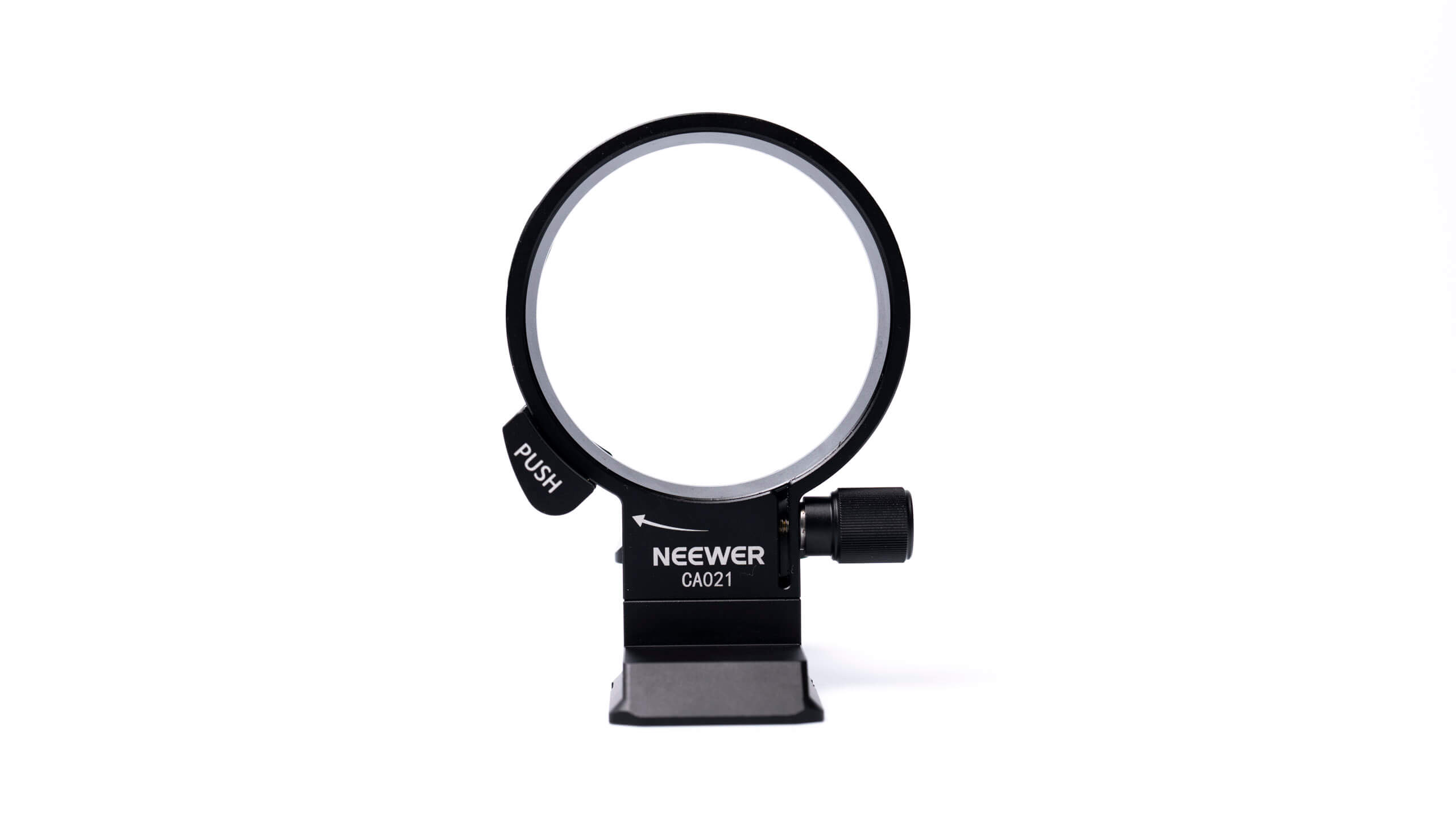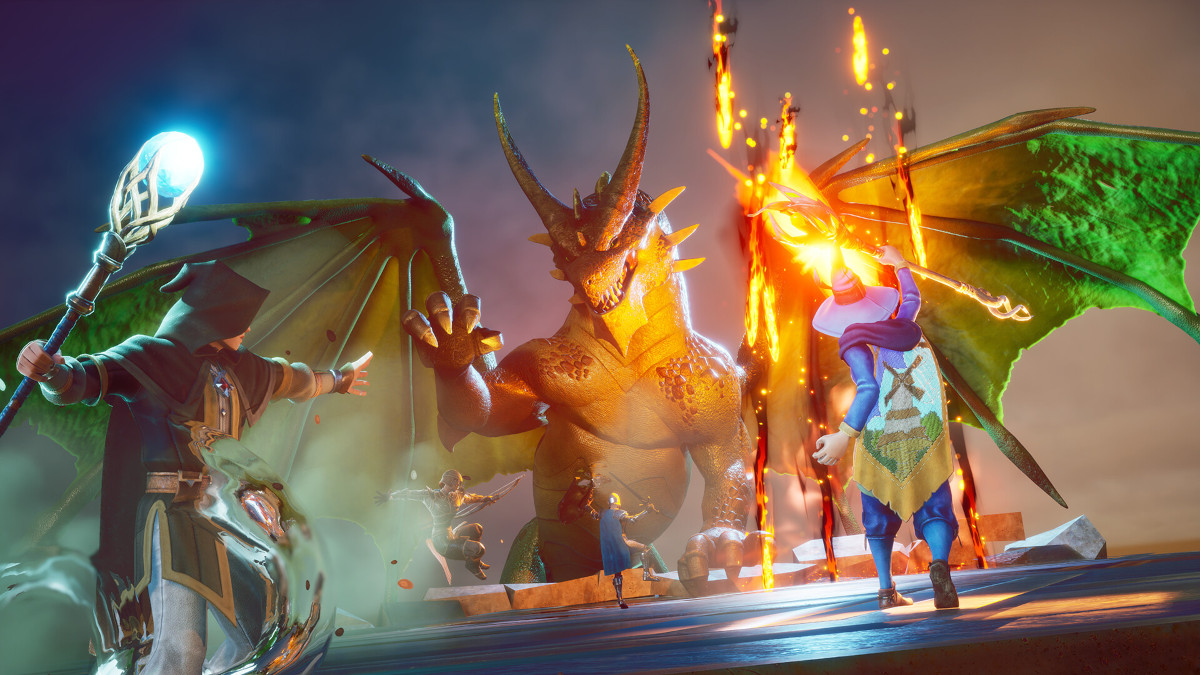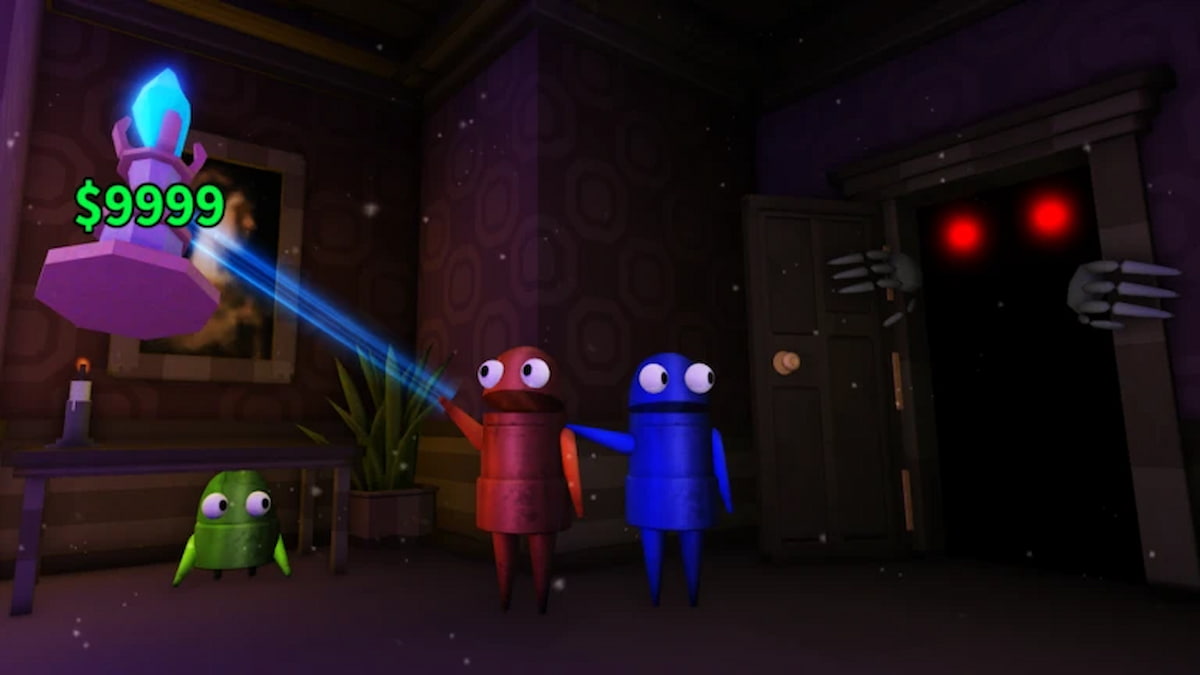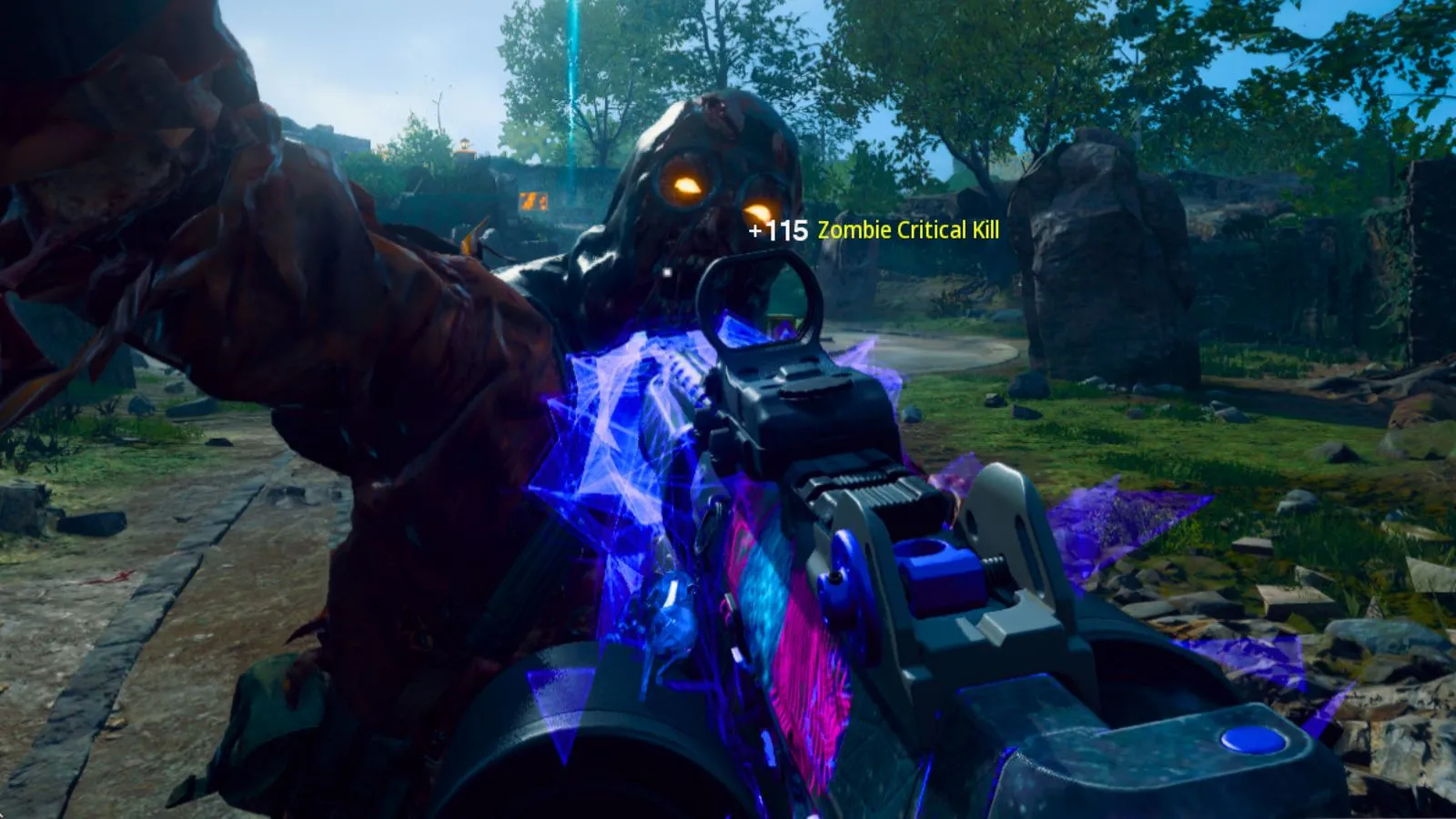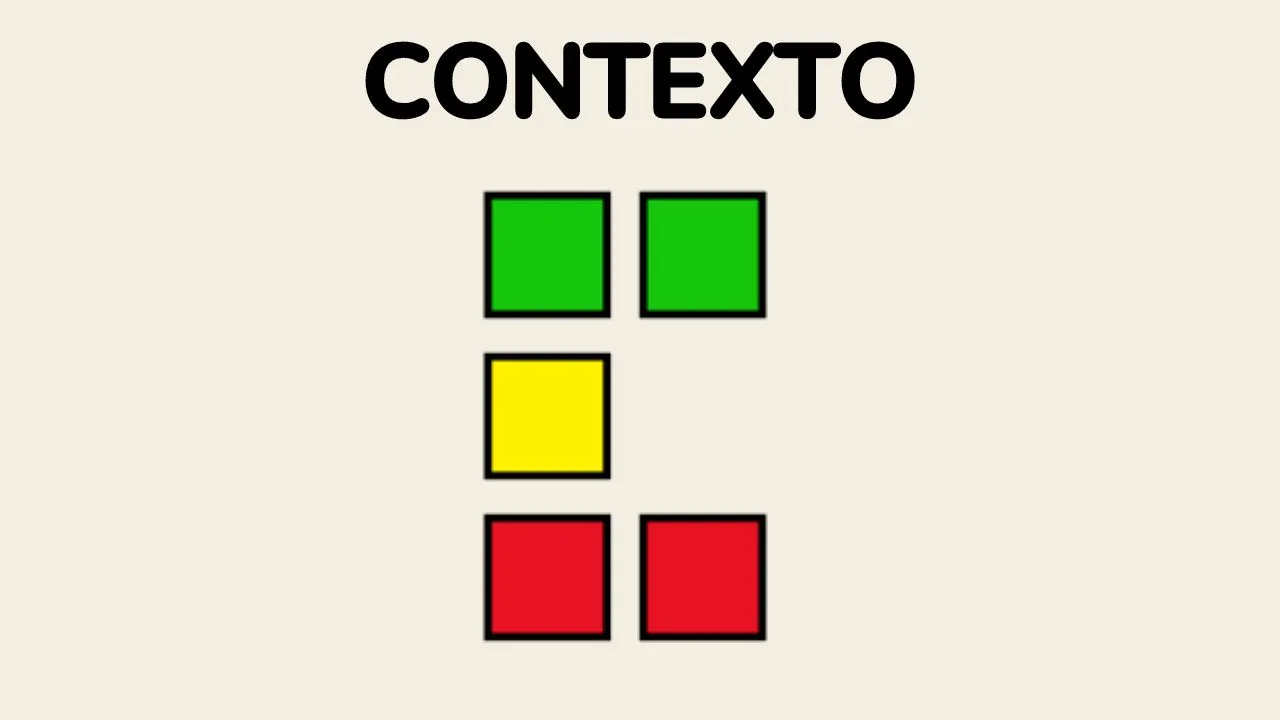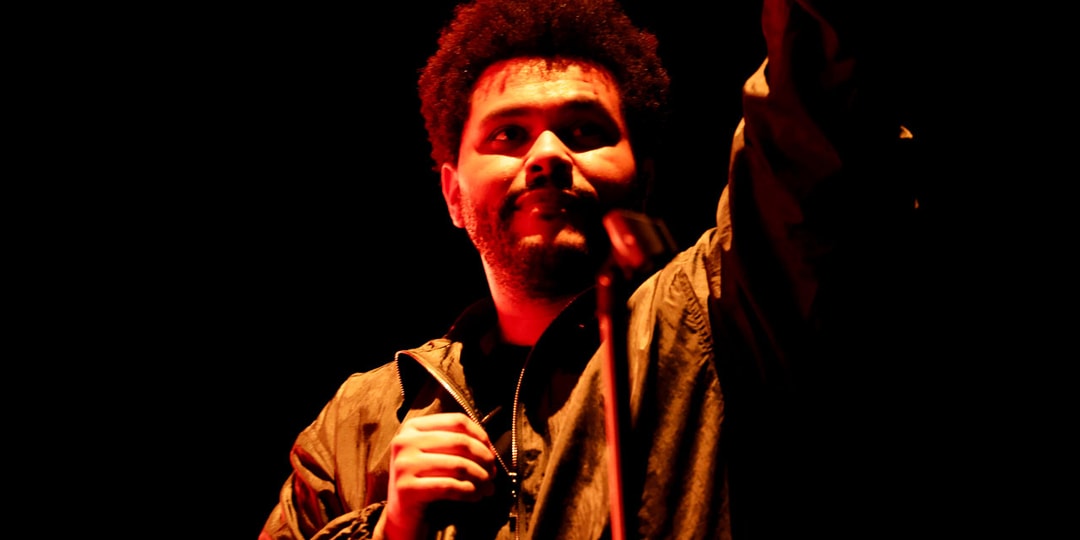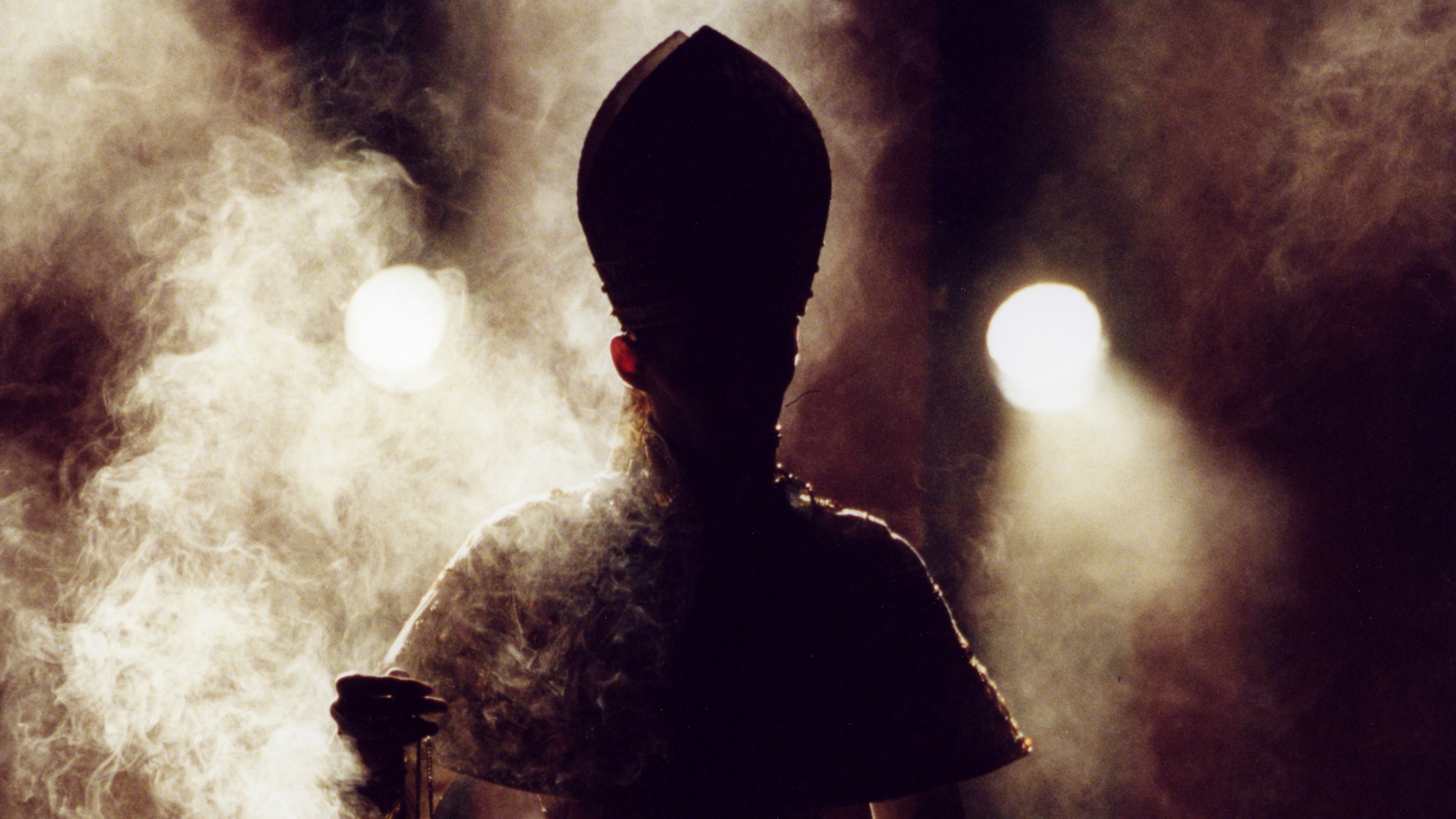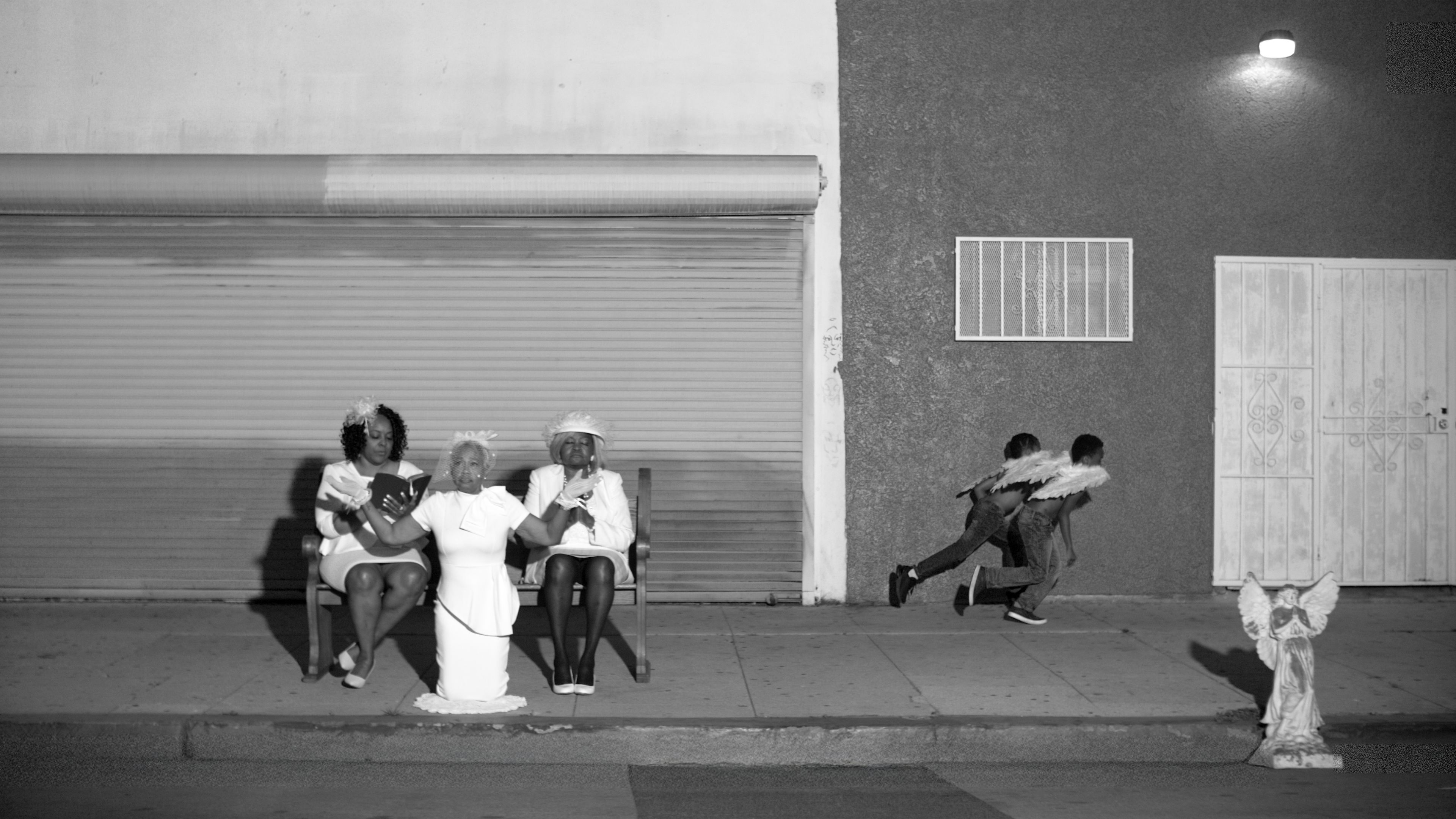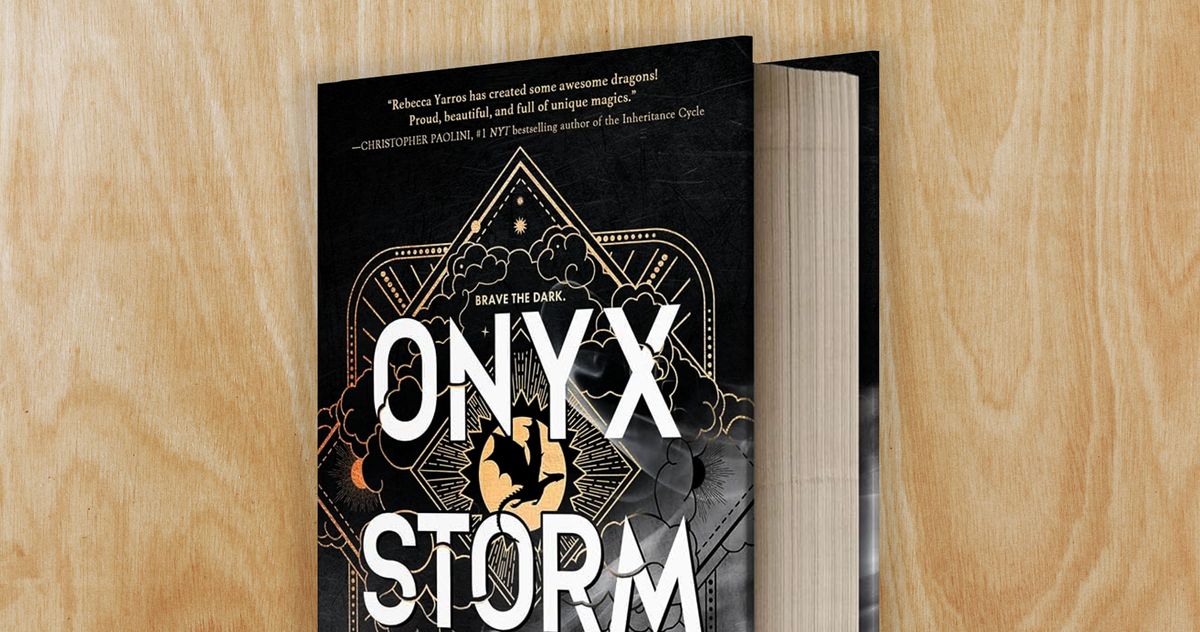Help a dead man solve his own murder in The Posthumous Investigation
Brás Cubas, a wealthy industrialist and prominent fixture of Brazilian high society, has been found dead in the back alley of a pharmacy — presumably murdered. You’ve been hired to deduce the identity of the culprit, or culprits, responsible for Cubas’ death and bring them to justice. The catch? Your client is none other than […]


Brás Cubas, a wealthy industrialist and prominent fixture of Brazilian high society, has been found dead in the back alley of a pharmacy — presumably murdered. You’ve been hired to deduce the identity of the culprit, or culprits, responsible for Cubas’ death and bring them to justice. The catch? Your client is none other than the dead man himself, ushering you from beyond the grave and ensnaring you in a time loop until the job is done.
Developed by Mother Gaia Studio, The Posthumous Investigation is a murder-mystery adventure set in 1930s Rio de Janeiro; the full game isn’t out yet, but the game’s free demo on Steam gives a great sense of what’s in store. Players assume the role of an unnamed detective who, after receiving a letter from Brás Cubas, is tasked with scouring the city in search of clues to solve his murder, interrogating suspects and manipulating events within the span of a single day in order to uncover the mystery of who killed Cubas and why. But since you’re stuck in a time loop, you actually have an infinite amount of time to traipse through the streets of the game’s rendition of Rio de Janeiro and uncover the many secrets of Cubas and his inner circle of shady acquaintances.
The demo for the game opens auspiciously enough, with Cubas addressing the player before placing them in control of the game’s gumshoe protagonist. The Posthumous Investigation is gorgeous, with a black-and-white noir aesthetic and cartoony character designs that strike a fine balance between sober and eccentric. The music, crafted by composer Thiago Adamo (Blazing Chrome, Starved), is evocative and memorable, with thrumming drumbeats, crashing cymbals, and silky-smooth piano melodies. No matter how you look at it, every inch of the game’s presentation oozes a sense of cool in a way comparable to Nirvana Noir and Ape Out.
Every cycle of the game begins with the player waking up at their desk before venturing out into the streets of downtown Rio de Janeiro. To solve the mystery of Cubas’ murder, you’ll have to elicit statements from suspects using clues and items collected throughout the world. While important clues pertinent to the case are retained at the end of each day, physical items collected throughout the world are lost, forcing the player to either go back and retrieve them or, failing that, find alternate means and routes of following a plot thread to its conclusion.

At the end of each cycle, you’re shunted back into the past at the stroke of midnight, but not before making a stop in Limbo to consult with the ghost of Brás himself in order to go over your findings for the day. There, the player is able to draw conclusions on a conspiracy board, not unlike the Mind Place in Alan Wake 2, providing new leads and available dialogue options. Each cycle begets new avenues of investigation as you use your foreknowledge of your suspect’s daily routine from previous cycles to alter the events of the day in service of uncovering more hidden agendas and new opportunities for exploration.
The Posthumous Investigation demo is propulsively playable, with a complex yet cogent gameplay loop that’s easy to understand and gratifying to experience from moment to moment. And if that weren’t enough, the game is a creative adaptation of The Posthumous Memoirs of Brás Cubas, a 19th-century modernist novel that’s widely regarded as one of the greatest works of Brazilian literature. To adapt a book with such a lauded reputation is no easy task, especially in the interactive medium of video games. But from what I’ve played so far, I think the team at Mother Gaia might just manage to pull it off.
Clocking in at just over 30 minutes, I thoroughly enjoyed my time playing through The Posthumous Investigation demo. I can’t wait to play the full game when it is released sometime later this year.
The Posthumous Investigation is available to wishlist on Steam.







































